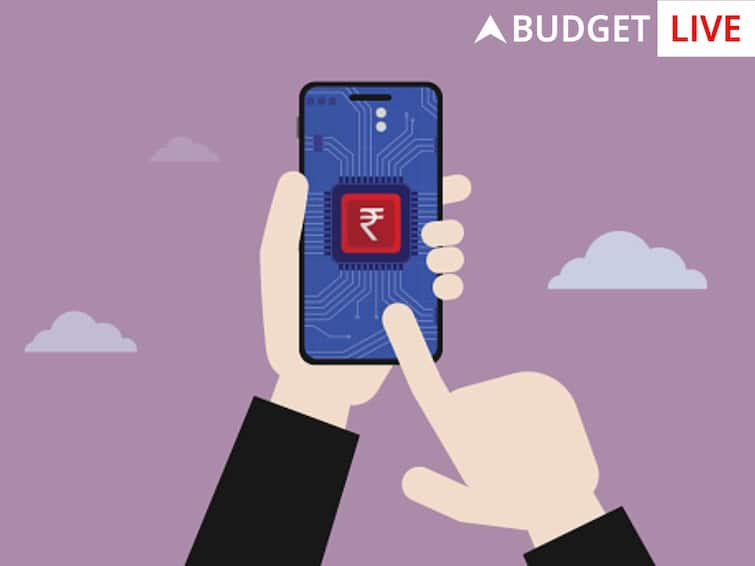)
Fintech allows small players to compete, rewards those that effectively address consumer needs
FirstpostWith real-time banking capabilities getting enhanced by Fintechs, it has led to higher visibility of cash flow making banking services more effective Fintech, a combination of the words “financial” and “technology,” is a relatively new term that applies to any emerging technology that helps consumers or financial institutions deliver financial services in newer, faster ways than was traditionally available. Let’s consider an example where the bank is ICICI, and the Fintech company is PaySprint: ICICI bank allows PaySprint to access its banking services, make transfers, balance queries, and other functions available Next, the integration of ICICI’s APIs with PaySprint products takes place Finally, PaySprint makes API calls and fetches the necessary services from ICICI bank to further execute banking operations Benefits of API banking and strong partnership with banks and Fintechs With API banking, Fintech innovators have more flexibility to provide the best features and services to streamline financial services, thereby creating a surge of competition and innovating Fintechs products, where the core product and service belongs to the bank. Fintechs are using API Banking to provide enhanced information for reconciliation in real-time, process vendor and dealer finance transactions real-time thereby facilitating banks to have faster churn in the ecosystem. Strategic launch of UPI solutions like BHIM by Government of India, and also enabling large private players like Google Pay, Amazon Pay, PhonePe etc to enable hassle free digital transactions Aadhar based payment solutions that are emerging strongly in to the Indian market like AePS, Aadhar Pay signifies potential scope of carrying out digital payments even with feature phones.
History of this topic

Fintech innovation could mean the end of traditional business banking
The Independent)
Neobanks and fintech: What these terms really mean for the new age generation
Firstpost)
How open banking and bank APIs are boosting fintech growth in India
Firstpost
Fintech firms, facing competition from mainstream banks, step up their offerings
Live Mint
Opinion | Neobanks – the next technological wave
Live MintDiscover Related





















)







)

)






)

)



